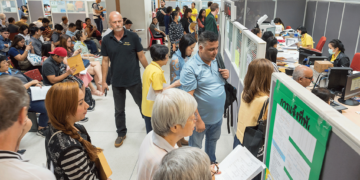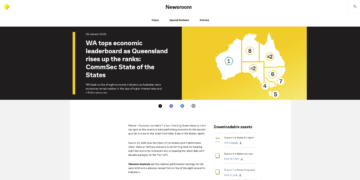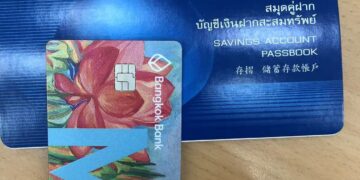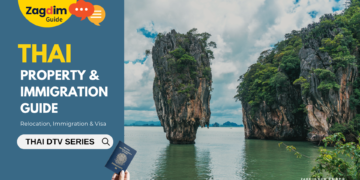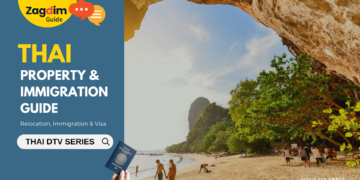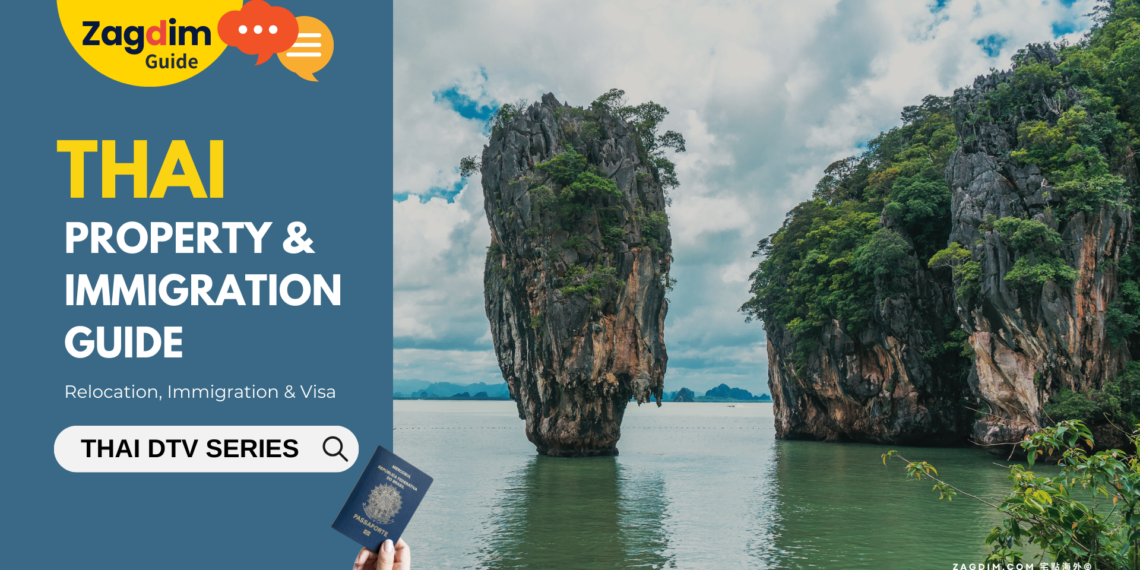Thailand DTV Visa: 10 Key Questions Answered
Thailand DTV Visa: 10 Key Questions Answered — Policy Changes, Application Requirements, and Financial Proof
Introduction: Understanding the Updated DTV Visa Policy
Since the official launch of Thailand’s Destination Thailand Visa (DTV) on 15 July 2024, the program has undergone several adjustments and refinements, partly due to the transition of the Thai government. These changes have sparked widespread discussion and raised numerous questions about the visa’s financial requirements, work limitations, and entry conditions.
This article will address the 10 most frequently asked questions about the DTV visa, providing practical guidance to help you understand the latest policies and requirements. Whether you’re considering applying for a DTV or already holding one, this guide will help you plan your stay in Thailand with confidence.
1. What Are the Financial Requirements for a DTV Visa?
Financial proof is a key part of the DTV application. Applicants are generally required to show a minimum bank balance of 500,000 THB (approximately USD 15,000). However, requirements can vary depending on the Thai embassy or consulate where you apply:
- Hong Kong: Applicants need to provide bank statements for the past three months showing a balance of over HKD 150,000.
- Taiwan: A recent bank statement showing a balance of at least 500,000 THB is required.
- Europe: Applicants may be required to provide a fixed deposit certificate, bank statements, and sometimes proof of regular income.
It’s important to confirm the specific requirements with the Thai embassy or consulate in your location before submitting your application.
2. How Can Freelancers Provide Proof of Employment?
Since freelancers cannot provide traditional employer-issued work certificates, the following documents are recommended to support your application:
- Contracts or agreements with overseas clients or companies.
- Proof of income such as bank statements or tax filings.
- Portfolio of work or project case studies.
- Recommendation letters from clients or partners.
Ensure that all documents are accurate and reflect your real work situation to effectively prove your professional status and stable income.
3. What Are the Requirements for Different DTV Categories?
DTV visas are issued for various purposes, such as work vacations, wellness retreats, and academic research. The type of supporting documents required depends on the category:
- Work Vacation: Employer contract or proof of freelance work.
- Wellness Retreat: Invitation letter or booking confirmation from a medical or wellness facility.
- Academic Research: Research proposal, invitation letter, or project-related documents.
Make sure your supporting documents align with the category you are applying for.
4. Can the Initial 180-Day Stay Be Extended?
Yes, the DTV allows a 180-day stay, which can be extended for another 180 days by applying at the Thai Immigration Office. To apply for an extension, you will need to:
- Submit a completed extension form.
- Pay the 1,900 THB extension fee.
- Provide updated proof of financial stability and health insurance.
Once approved, you can continue to stay in Thailand without needing to leave the country.
5. Is Multiple Entry Allowed Within the 5-Year Validity Period?
Yes, the DTV visa allows multiple entries within its 5-year validity period. Each entry grants a stay of 180 days. After the initial 180 days, you can apply for an extension to stay up to 360 consecutive days.
This flexibility makes the DTV ideal for remote workers who need to travel frequently between Thailand and other countries.
6. Do You Need to Leave Thailand After Staying for 180 Days?
While the DTV visa does not require you to leave after 180 days, the maximum stay for each entry is 360 days (180 days + 180-day extension). After that, you will need to exit Thailand and re-enter to reset your stay period.
To avoid issues, it’s advisable to schedule at least one trip out of Thailand each year.

7. Do Different Embassies and Consulates Have Different Requirements?
Yes, different Thai embassies and consulates may have varying requirements for financial proof, health certificates, and supporting documents. For example:
- Hong Kong: Requires only bank statements or electronic copies for application.
- Taiwan: Requires an in-person interview and submission of physical documents.
- Malaysia, Vietnam, Cambodia: Applicants not residing locally may still apply online but must provide proof of entry into the host country (such as a visa stamp or flight ticket).
It’s best to confirm the specific requirements with your local Thai embassy or consulate before starting the application process.
8. What Are the Differences Between Online and In-Person Applications?
The DTV visa can generally be applied for online or in person. However, some embassies are transitioning to online-only processing:
Online Application:
- Submit your application via the Thai e-visa platform.
- Upload supporting documents (bank statements, contracts, passport scans).
- Schedule an appointment (if required) for an in-person interview at the Thai embassy or consulate.
In-Person Application:
- Submit physical copies of all documents directly to the Thai embassy or consulate.
- An interview may be required depending on the country.
Examples:
- Hong Kong: No interview required; electronic submissions are sufficient.
- Taiwan: In-person interview and submission of physical documents are mandatory.
- Malaysia, Vietnam, Cambodia: Non-residents can apply online but must show proof of entry into the host country.
9. Is the DTV Policy Stable or Likely to Change?
Since its launch, the DTV visa has gained popularity among remote workers and freelancers. However, as the program is still in its early stages, adjustments and policy updates are possible.
Given Thailand’s strong push toward boosting its digital economy and tourism sector, major changes or cancellations of the DTV program are unlikely in the near term. It’s advisable to monitor official updates from the Thai government for the latest information.
10. How Does the DTV Compare to the Elite Visa?
The DTV and Elite Visa serve different target groups and have distinct advantages:
| DTV Visa | Elite Visa |
|---|---|
| Lower cost (approx. 10,000 THB) | High cost (starting from 900,000 THB) |
| Ideal for freelancers and remote workers | Suitable for high-net-worth individuals and long-term residents |
| No permission to work locally | Allows business activities and employment |
| Valid for 5 years with multiple entries | Valid for 5–20 years with VIP privileges |
If you’re a freelancer or remote worker, the DTV is a cost-effective and flexible option. However, for those seeking long-term residency with business opportunities and VIP benefits, the Elite Visa may be a better fit.
Final Thoughts
The DTV visa remains one of the most flexible and affordable options for long-term stays in Thailand, especially for remote workers and freelancers. While minor adjustments to the policy are possible, the Thai government’s focus on boosting tourism and the digital economy means that the DTV program is unlikely to face major disruptions.
For the smoothest application experience, prepare all required documents carefully, confirm specific requirements with the relevant embassy or consulate, and stay informed about policy updates.
Disclaimer: This article is for informational purposes only. Visa policies and requirements may change over time. For the latest updates or specific advice, consult a professional visa service or contact the Thai embassy or consulate directly.








